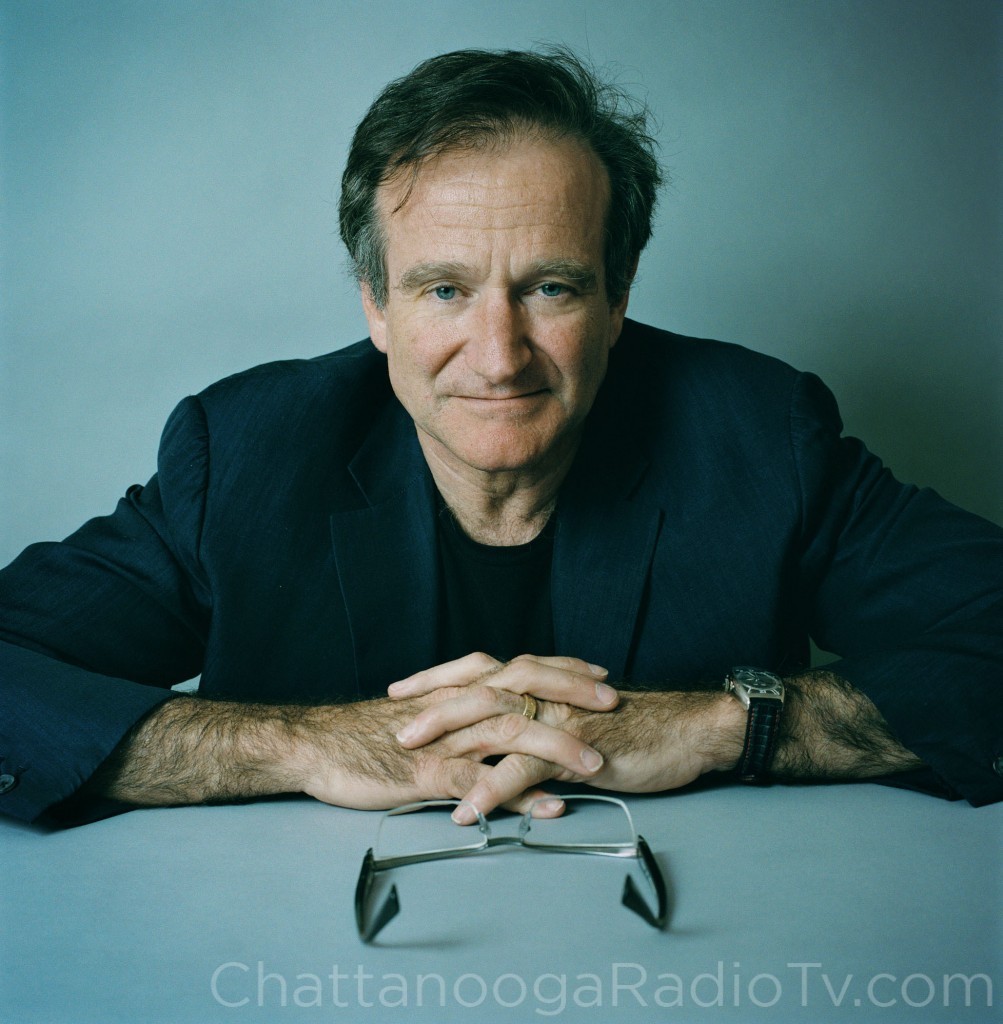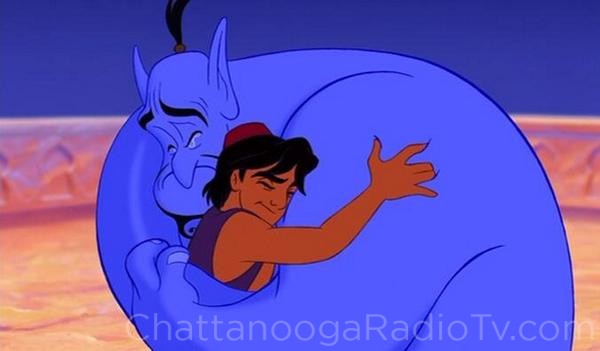One year ago, on August 11, 2014, I was at my desk when the first news reports were issued about the death of Robin Williams. I couldn’t believe my eyes. I had to read the stories over and over, from various sources before I would believe it. A few minutes later, I wrote this, from the heart:
Robin Williams is dead at the age of 63. He took his own life. I’ve lived through hundreds of celebrity deaths. Why is this one hitting me so hard? Allow me to do a little work therapy. I have to talk this out with you.
First, a brief tribute. I saw him first on “Mork and Mindy.” We hadn’t seen anyone like him. It was fun was watching other cast members just try to keep up, because you knew he wasn’t following any script: that’s what made the show a hit.
He made several movies in the 80s, including “Good Morning, Vietnam.” That made me a Robin Williams fan for life. There was a script for that one too. At some point, a wise director said, “Just keep the cameras rolling when Robin gets going.” Again, that’s what made the movie.
Later there were many others, the funniest of which were probably “Bird Cage,” “Mrs. Doubtfire” and “Aladdin.” But there was also “Dead Poets Society.” “Good Will Hunting.” “Awakenings.” This manic comedian, who literally took over the late-night talk shows when he appeared as a guest, had incredible range. Not only could he make us double up with laughter, but he could also make us cry. Name other actors who can do both so brilliantly. It’s a very short list.
I’ll also miss his comedy albums, which are the closest I ever got to seeing him perform live. I’ll go to YouTube to find his amazing guest-spot on “Whose Line Is It Anyway,” which showcased his improv skills. And I’ll deal with the fact that I just wasn’t finished with him yet. I know he had another HBO special or two in him, like the wonderful one he did after returning from his heart attack in 2009. Surely he had some more hit movies up his sleeve.
It’s hard to find a silver lining at this moment, but his celebrity is all I have. It took Michael J. Fox’s battle with Parkinson’s Disease to bring it to widespread public attention. When Glen Campbell’s diagnosis of Alzheimer’s was announced, suddenly people took notice, and Congress held hearings. Now that we have lost Robin Williams to suicide, maybe we can talk about it openly and honestly.
Just days ago, a local teenager was buried. You didn’t read it in the obituary, but the cause of death was suicide. It happens far more than you might think, especially among teens. A few months ago, a popular teen in a neighboring county committed suicide. There were tributes on social media, with many friends alluding to the cause of death, but few actually saying the “s” word. I received some calls from the teen’s classmates: “You should report on this,” they would say. “Someone needs to tell her story.” I reached out to the family, but was told they didn’t want to talk about it. I understood. “Let me know if and when you can talk about it,” I replied.
As long as I can remember, the general policy among news outlets has been to shy away from reporting suicide unless it is a public figure: an actor, an athlete, a politician. The fear expressed most often is that reporting a “regular person” suicide is that it will inspire copycats. Someone will see the face of the teen who overdosed, or the man who jumped off a bridge, or the woman who shot herself. The viewer might himself be going through a rough patch, and say, “Well, I’m going to do it too, and I’ll be on the news, and everyone who has screwed me over will be sorry.” Maybe there’s something to that.
But on the other side of that coin is this: many people are convinced that it can’t happen in their family, until it’s too late. They don’t understand the impact of a break-up, a divorce, the loss of a job, severe financial problems, being a victim of bullying, or the effects of addiction, depression and mental illness.
They don’t know the warning signs and traits that often accompany that final, fatal act. Changes in behavior. Giving away personal possessions. A general feeling of being helpless, or worthless. Cleaning up one’s room, or home. “Could you watch my dog for the next few days? And check on my parents too. I have some business to take care of.”
Robin Williams leaves behind a mourning family, lots of high-profile friends, and millions of fans. His comedy shows and movies will always be a click away, or at the nearest Redbox. Perhaps he’s also leaving behind a better, clearer understanding of suicide, and a growing awareness that it is among us. It’s too late to help him, but there is help out there for the rest of us. It takes away people of all ages, and we need to see it coming. Thanks for letting me talk this out. I had intended to write about suicide after the death of the local teen a few days ago, and I guess now was the time.
Robin will always make us laugh, except when he’s making us cry. Today, there’s not a dry eye in the house.
The National Alliance on Mental Illness. Find Help. Find Hope. HelpLine: 1-800-950-NAMI or NAMI.org





